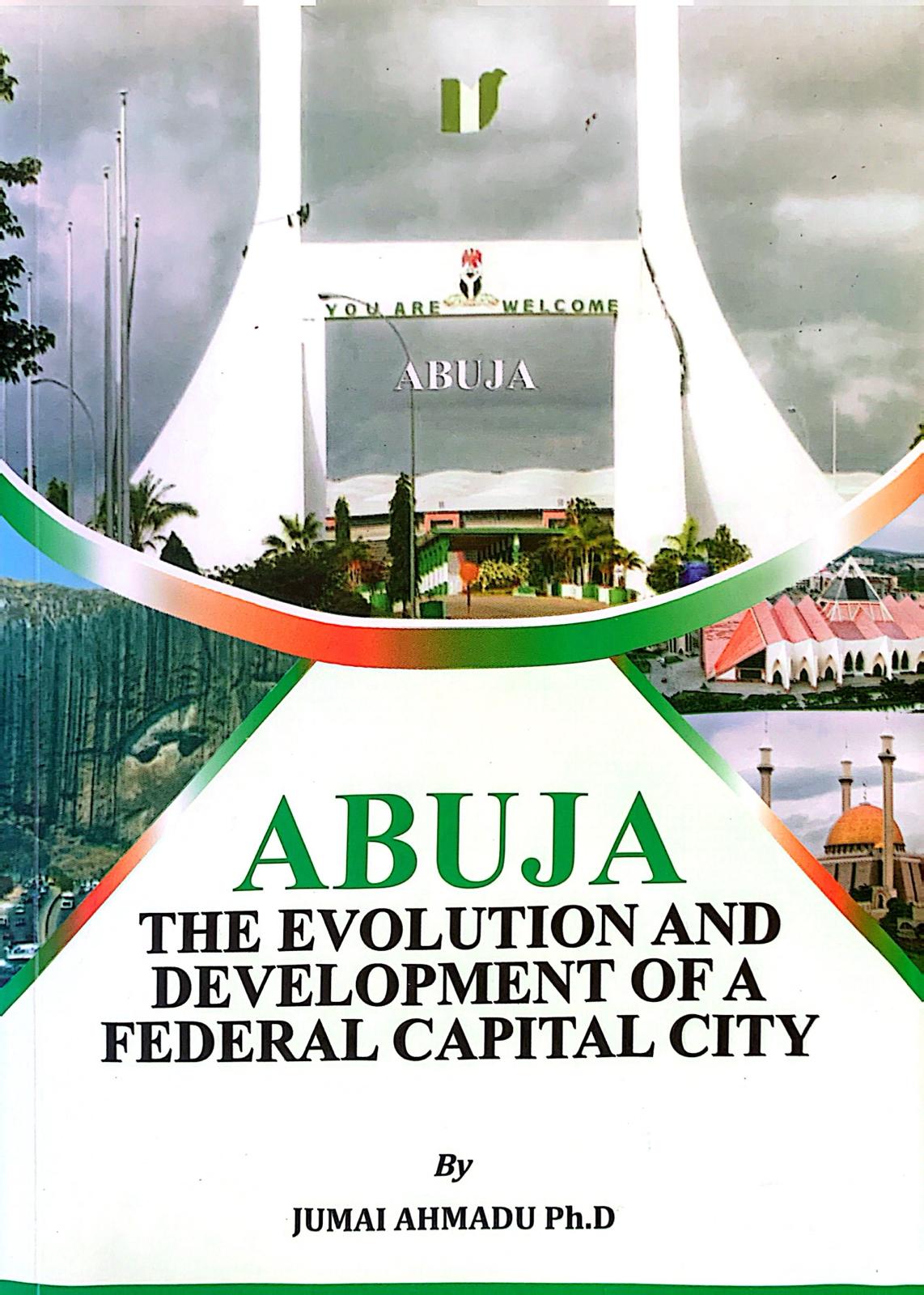ABUJA: The Evolution and Development of a Federal Capital City
Description
It is a long established fact that a reader will be distracted by the readable content of a page when looking at its layout. The point of using Lorem Ipsum is that it has a more-or-less normal distribution of letters, as opposed to using ‘Content here, content here’, making it look like readable English.
It is a long established fact that a reader will be distracted by the readable content of a page when looking at its layout. The point of using Lorem Ipsum is that it has a more-or-less normal distribution of letters, as opposed to using ‘Content here, content here’, making it look like readable English.
Foreward
Abuja has clocked more than 43 years since it was declared the new capital of Nigeria. It has seen most of the principal dramatis personae play their respective roles and quit the stage. Many, as civil servants wine long retired or are retiring. Consequently, we are faced with the challenge or an entirely new set of leaders, civil servants and residents who may not easily connect with the vision for the city.
As we grapple with the receding resonance of the Abuja vision, I am always concerned that people are likely to think that Abuja is just another state. They, therefore, need to be told and retold, that Abuja is a city in Nigeria like no other. That it was founded on the need for a place that would represent to us a symbol of our oneness and national unity and indeed, a home to all Nigerians.
The task of building a city is certainly not a one-man’s job. It requires all hands on deck and demands a combination of skill sets and talents as well as finance and sacrifices. While architects, engineers and other men and women of the building professions do the spade works, administrators are up and doing in managing the human resource challenges that come with it. We have a great number of others also, such as the security agencies, business community and indeed, all the citizens.
Amongst all these, we have the very important segment, the media, the intelligentsia and the academics. They evolve ideas, examine policies, tell the story and market the city. Many of them, like Dr. (Mrs) Jumai Ahmadu, document the story of the city, capture our dreams and suggest ways to make us better. This is what Dr (Mrs) Ahmadu has done with her book, ABUJA: The Evolution and Development of a Federal Capital City.
The saying, “where purpose is not clear, abuse is inevitable,” is very apt here. Authors provide the compass that continue to point us to our purpose and direction. Without them, the train is very likely to derail. Their role is altogether very important for a city like Abuja that is founded on a clear set of ideals and being built in compliance with a vision and a Master Plan. The media, authors, and indeed, the intelligentsia are certainly, the custodians of our dreams, hopes and aspirations.
I, therefore, sincerely commend the author, for the time and sacrifices she has invested to bring this book out. I am proud to note, that she is, indeed, one of our bright stars in the administration. This is certainly a seminal document. It is very pertinent that the story is being told by an insider – a young woman who has been in the theatre, observing the operations and sometimes doing her own bit in her own little corner.
The book has been very incisive. It began by chronicling the vision of our founding fathers. It went on to capture the key declarations and broadcasts that set the foundation for the building of the new city. It delves deeply into history to x-ray how the idea was born, the physical planning activities and the challenges of keeping faith with the Abuja promise.
The segment on the various FCT Ministers and their different policy thrusts is very instructive. It includes an account on the exchange of batons between the various Ministers and their major contributions to the development of Abuja.
The book gently descends after reaching a crest via the stairway of a softer theme centering on the tourism potentials of the Federal Capital Territory. The testimonies of some labour hands who charted the path, by direct labour, for the construction works to begin, makes for an interesting read.
These workers are indeed, part of “our heroes past” and their labour has not been in vain. Today, we see a city that has emerged to take its place among other modern cities of the world.
Mallam Muhammad Musa Bello
(Hon. Minister, FCT)

